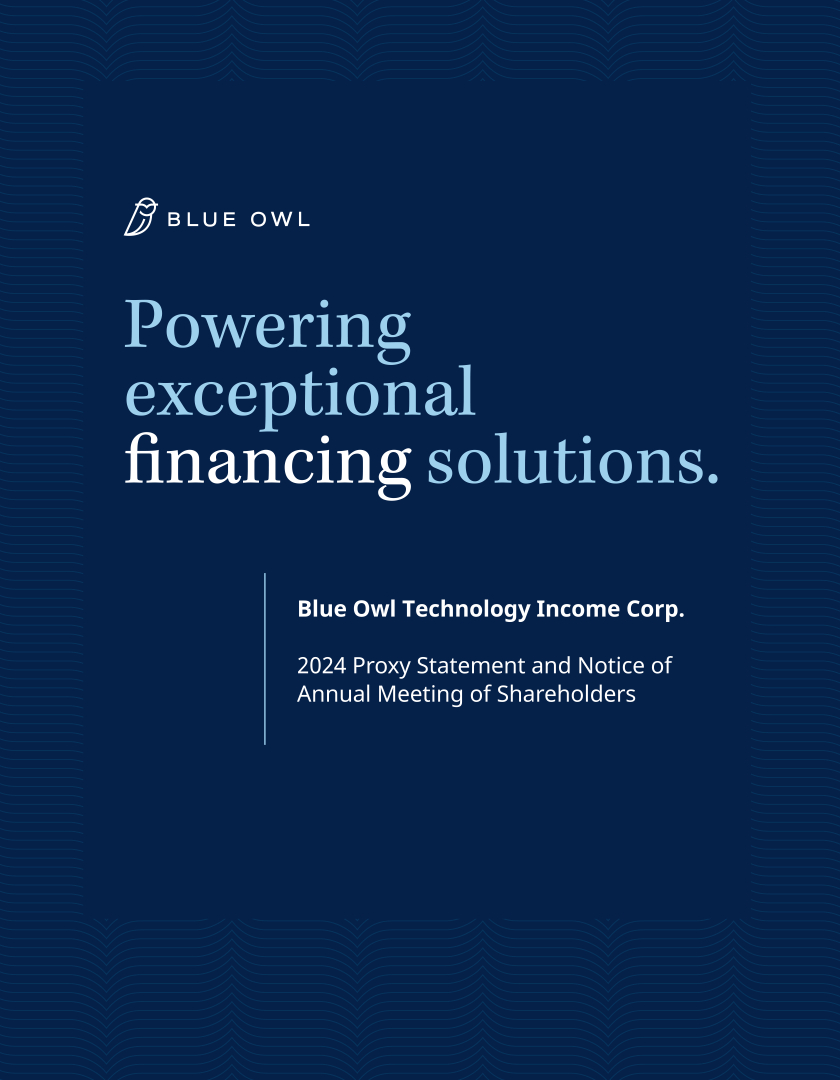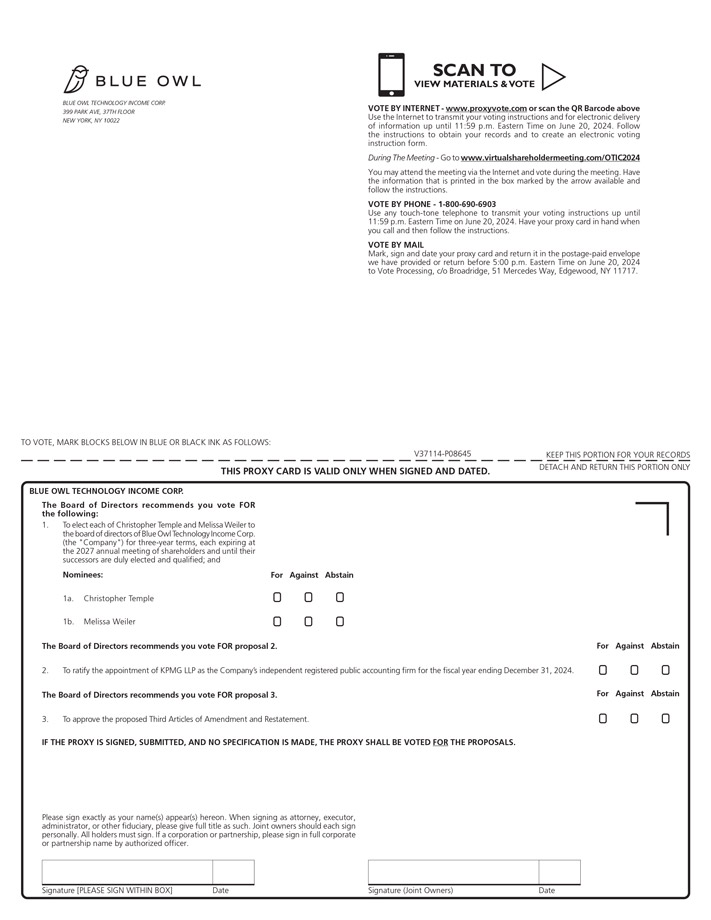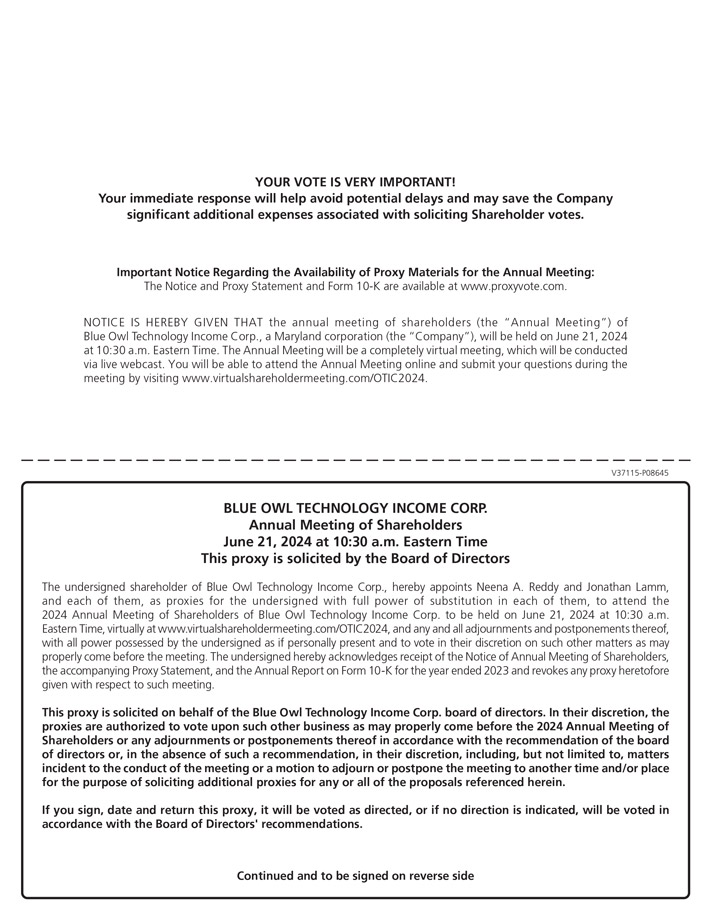Non-Compliant Tender Offer. The term “Non-Compliant Tender Offer” shall have the meaning as provided in Section 10.06 herein.
Offering. The term “Offering” shall mean any offering and sale of Shares for the account of the Corporation, excluding any offering and sale that qualifies for an exemption from registration under either Rule 504, Rule 505 or Rule 506 under the Securities Act.
Organization and Offering Expenses. The term “Organization and Offering Expenses” shall mean any and all costs and expenses incurred by the Corporation and to be paid from the assets of the Corporation in connection with the formation of the Corporation and the qualification and registration of an Offering, and the marketing and distribution of Shares, including, without limitation, total underwriting and brokerage discounts and commissions (including fees of the underwriters’ attorneys), expenses for printing, engraving and amending registration statements or supplementing prospectuses, mailing and distributing costs, salaries of employees while engaged in sales activity, telephone and other telecommunications costs, all advertising and marketing expenses, charges of transfer agents, registrars, trustees, escrow holders, depositories and experts and fees, expenses and taxes related to the filing, registration and qualification of the sale of Shares under federal and state laws, including taxes and fees and accountants’ and attorneys’ fees. For the avoidance of doubt, Organization and Offering Expenses do not include selling commissions, dealer manager fees and other similar expenses paid by investors at the time of the sale of the stock of the Corporation.
Person. The term “Person” shall mean an individual, corporation, partnership, limited liability company, estate, trust (including a trust qualified under Sections 401(a) or 501(c)(17) of the Code), a portion of a trust permanently set aside for or to be used exclusively for the purposes described in Section 642(c) of the Code, association, private foundation within the meaning of Section 509(a) of the Code, joint stock company or other entity, or any government or any agency or political subdivision thereof, and also includes a group as that term is used for purposes of Section 13(d)(3) of the Exchange Act.
Plan. The term “Plan” means any employee benefit plan subject to Part 4 of Title I of ERISA, or any plan to which section 4975 of the Code applies.
Plan Asset Regulation. The term “Plan Asset Regulation” means 29 C.F.R. § 2510.3-101, as modified by section 3(42) of ERISA.
Preferred Shares. The term “Preferred Shares” shall have the meaning as provided in Section 6.01 herein.
Prospectus. The term “Prospectus” shall have the meaning as provided in Section 2(a)(10) of the Securities Act, including a preliminary prospectus, an offering circular as described in Rule 256 of the General Rules and Regulations under the Securities Act or, in the case of an intrastate offering, any document by whatever name known, utilized for the purpose of offering and selling Shares to the public.
Publicly Offered Securities. The term “Publicly Offered Securities” means publicly offered securities as defined in 29 C.F.R. § 2510.3-101(b)(2) or any successor regulation thereto.
Publicly Traded Entity. The term “Publicly Traded Entity” shall mean any entity having securities listed on a national securities exchange or included for quotation on an inter–dealer quotation system.
Reinvestment Plan. The term “Reinvestment Plan” shall have the meaning provided in Section 6.11 herein.
Reinvestment Proceeds. The term “Reinvestment Proceeds” shall mean, with respect to any Share issued pursuant to a Reinvestment Plan, the Class S NAV Per Share or Class D NAV Per Share, as applicable, of such Share at the time of issuance.
Roll-Up Entity. The term “Roll-Up Entity” shall mean a partnership, corporation, trust or similar entity that would be created or would survive after the successful completion of a proposed Roll-Up Transaction.
A-5




























